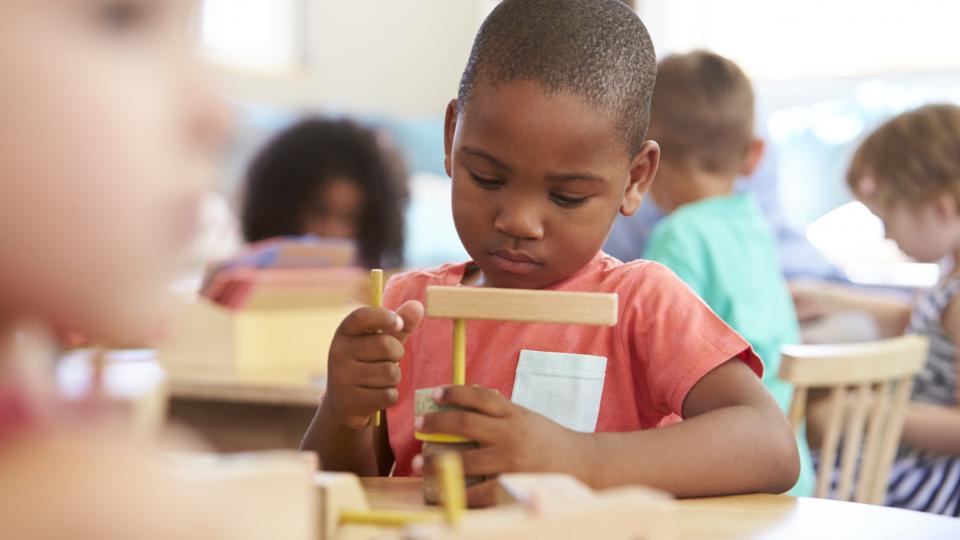
Growing up multilingual in NRW
Multilingualism and linguistic diversity
For some years now, the topic of growing up multilingual has received increased attention and has become even more topical due to the immigration of families with refugee experiences.
Every child is unique and differs from others in a variety of ways. In addition to cognitive and motor development, for example, this also includes the language environment at home. The aim of language education is to include all children and thus enable them to participate in society.
In addition to providing opportunities for participation, inclusive language education also means recognizing and appreciating multilingualism - even before and during daycare.Studies show that children are perfectly capable of learning several languages without their skills in one language suffering as a result. Multilingualism should therefore be seen and used as an opportunity. It is therefore very important to value and support all the languages that a child learns and speaks. This can only happen if there are sufficient and varied language education opportunities in all languages. Parents play an important role in supporting the family language(s), while the focus is on German in daycare. Sometimes, however, parents are unsure how best to support their child in (first) language acquisition. The aim here is to give parents the confidence to act and to support the family in their multilingualism right from the start. Language acquisition begins after birth by listening to the surrounding language, so early information about the benefits of multilingualism, e.g. during welcome visits, can be perceived as helpful by parents.
In line with the idea of inclusion, the aim is to support children growing up multilingually together with children growing up monolingually in an inclusive everyday practice. Every child, regardless of how many or which languages they speak, is supported in their individual language development.
The first language is highly relevant for the child's identity development. It is the language with which the child explores the world and enables them to express their needs, wishes and feelings, as well as being fundamental for further multilingual development. A child's first language shapes both their linguistic knowledge and their knowledge of the world, and therefore their thoughts, insights, inner attitudes, feelings and cultural attitudes. Society's evaluation of this language influences whether and how much a child uses their first language. As an influencing factor for successful second language acquisition, knowledge of the first language and its appreciation are therefore of crucial importance.Further information can also be found at:
The municipal integration centers in NRW are committed to families with an international history and their children in the areas of "consistent language education", "multilingualism" and "educational partnerships with families". They support families, educational institutions, childcare and daycare facilities and their specialist staff in the (early) education of children and in their own qualifications in these areas. You can find more information on the following website, including on the tried-and-tested programs such as "Griffbereit" and "Rucksack KiTa".